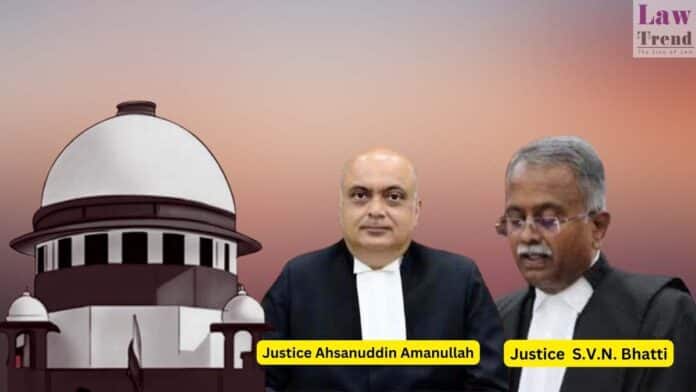The Supreme Court of India, in a significant ruling on service law, has set aside orders of the Gauhati High Court that invalidated the appointment of a lecturer in an aided junior college on grounds of being over-aged. The Court held that applying the age limit prescribed in the Assam Secondary Education (Provincialisation) Service Rules,
To Read More Please Subscribe to VIP Membership for Unlimited Access to All the Articles, Download Available Copies of Judgments/Order, Acess to Central/State Bare Acts, Advertisement Free Content, Access to More than 4000 Legal Drafts( Readymade Editable Formats of Suits, Petitions, Writs, Legal Notices, Divorce Petitions, 138 Notices, Bail Applications etc.) in Hindi and English.




